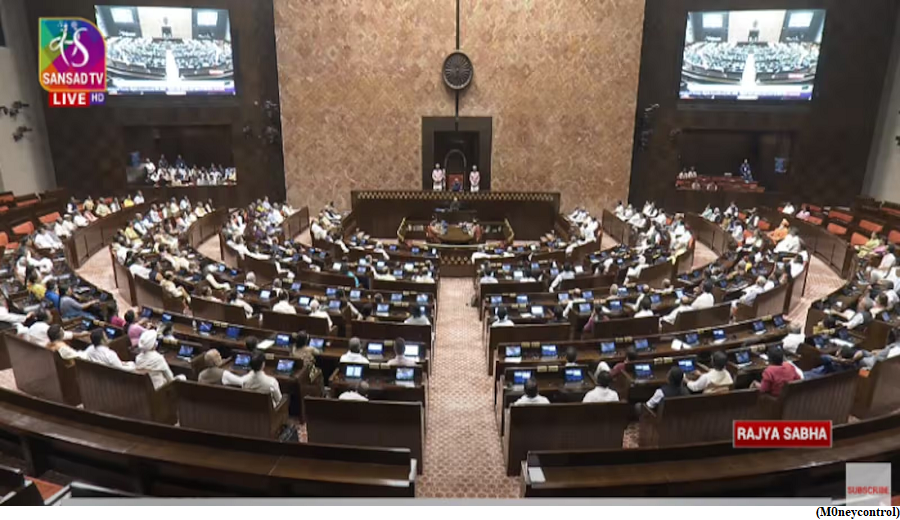India Infrastructure Report 2023 released (GS Paper 3, Infrastructure)

Why in news?
- The India Infrastructure Report 2023 on Urban Planning and Development was released recently.
Details:
- It has been a collaborative effort of the IDFC Foundation, Infrastructure Development Corporation (Karnataka) Ltd. (iDeCK) and the National Institute of Urban Affairs (NIUA).
- The report is a significant milestone in the acclaimed India Infrastructure Report (IIR) series, initiated by the IDFC Foundation in 2001.
Key Highlights:
- Spotlight on the transformative potential of digital technology in shaping the urban landscape of India. Focus areas include the concept of ‘smart cities’ and the significance of performance ranking criteria.
- Examination of financial dimensions of urban development, with a special emphasis on public-private partnerships (PPPs), the financial sustainability of urban local bodies, and the efficacy of municipal bonds as potent financing instruments.
- Urban transportation planning and urban redevelopment as pivotal components of effective urban governance through transit-oriented development, efficient urban goods movement, and floor space and land price regulation in India.
About IIR 2023:
- The India Infrastructure Report (IIR) 2023 contains 25 chapters by prominent names in the urban development and policy ecosystem on the current state of urban development in India.
- This annual publication has been instrumental in identifying and analyzing legal, fiscal, regulatory, technological, social, and conceptual aspects related to contemporary themes relevant to infrastructure development.
- This makes it an invaluable resource for those involved in formulating urban policy, as well as for those interested in the development of India's infrastructure and urbanization, such as policy makers, investors, academics, financiers, and multilateral agencies.
RS passes Post Office Bill to amend 125-year-old Indian Post Office Act
(GS Paper 2, Governance)
Why in news?
- The Rajya Sabha recently passed the Post Office Bill, 2023 that seeks to repeal the 125-year-old Indian Post Office Act and consolidate and amend the law relating to post offices in the country.
- The Bill was introduced in the Rajya Sabha during the Monsoon Session of Parliament.

Key Highlights:
- It seeks to replace the colonial-era Indian Post Office Act of 1898 that has governed India's postal services for 125 years.
- The enactment is with a view to govern the functioning of the post offices in the country and provide for a simple legislative framework to facilitate the evolution of the post offices into a network for delivery of citizen-centric services.
- The new bill introduces a range of changes, redefining the role of the central government, empowering the Director General of Postal Services, and addressing key aspects such as interception of postal articles, liability exemptions, and the removal of certain offences and penalties.
Contentious provision:
- The contentious provision in the bill allows the central government, through notification, to empower officers to intercept, open, or detain items for reasons related to national security, public order, emergency, or contravention of prevailing laws.
- The existing Indian Post Office Act of 1898 also provides for interception, albeit with some differences. Section 26 of the Act empowered the central government, state government, or a specially authorized officer to issue a written order for the interception, detention, or disposal of any postal article or a specific class or description of postal articles.
- This authority was granted "on the occurrence of any public emergency or in the interest of public safety or tranquillity." In cases of uncertainty regarding whether an action constituted a public emergency or was in the interest of public safety, a certificate from the relevant government was necessary.
- In contrast, the new Post Office Bill, under clause 9, removes the requirement for a written order for interception. The central government is now empowered to intercept, open, or detain any item without the necessity of issuing a written order.
Liability:
- The bill exempts the government and officers from liability related to the loss, mis-delivery, delay, or damage to postal articles.
- However, it introduces the provision that the central government may prescribe liability with regard to services by India Post under the rules.



